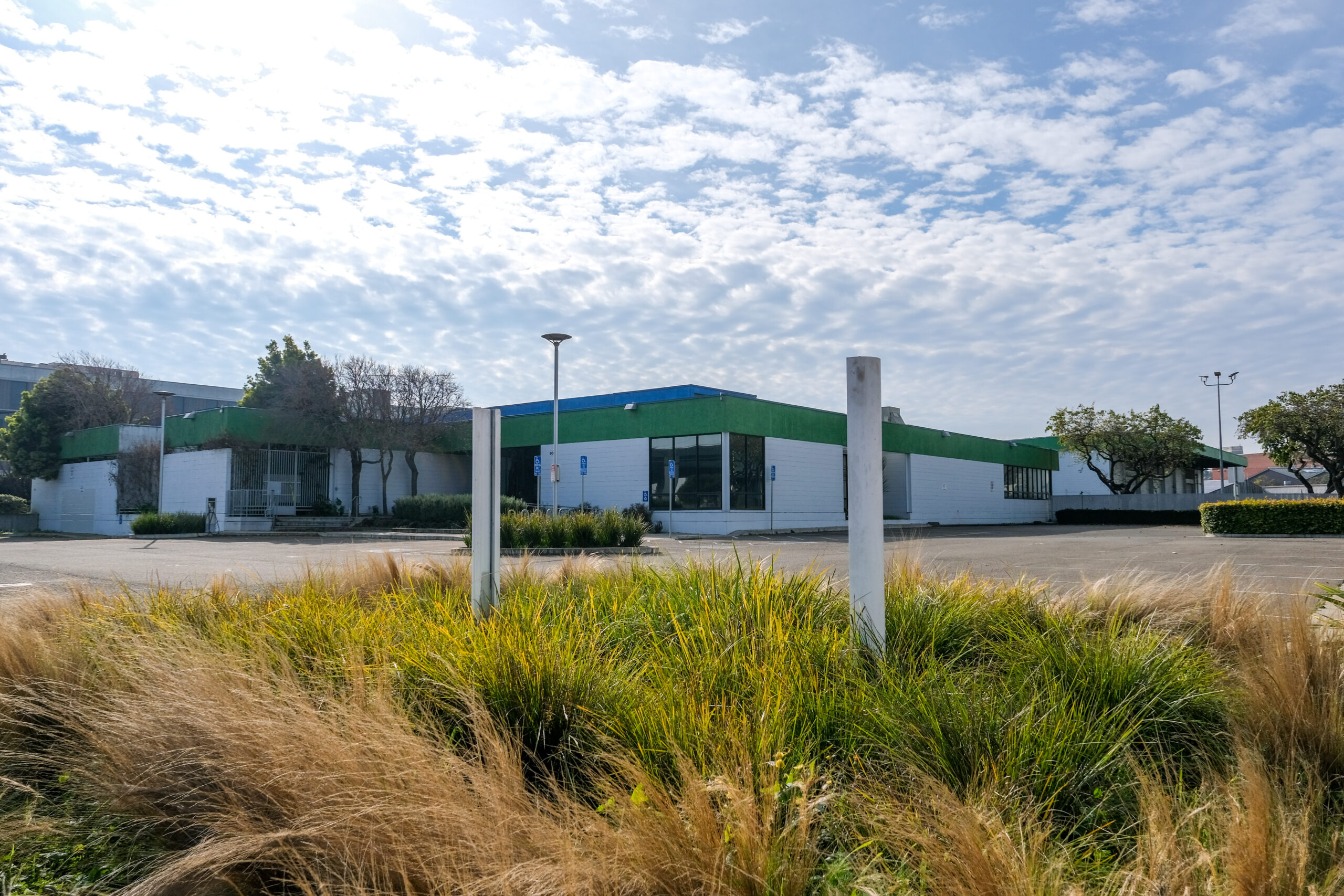This week the Board of Supervisors blocked Amazon’s Potrero Hill delivery hub, weighed in on ongoing police reforms and tried to define the line between caricature and stereotype in political speech. (As always, wonks looking for the full kit and caboodle can check out the meeting’s complete agenda.)
Amazon: On Hold, For Now
Supervisors passed temporary zoning controls that amount to an 18-month moratorium on development of Amazon’s last-mile delivery center project at 900 7th St. According to proponents, including sponsor and Board President Shamann Walton, the pause will give the Planning Department time to study better ways to zone package delivery service uses, and by extension, the entire project. (Walton also represents District 10, where the site is located.) In reaction to the vote, Amazon has halted the project.
The chain of public- and private-sector maneuvers leading to this juncture perfectly exemplifies the paradoxes of development in San Francisco. Originally owned by Recology, the city’s longtime trash hauler sold the site to Amazon after a plan to develop it as housing was blocked at City Hall. Neighborhood activists claimed that condos would force out locally owned production, distribution and repair (PDR) businesses—and the working class jobs they create.
Meanwhile, Amazon leveraged the area’s existing PDR zoning for their plan, which could create up to 500 jobs. The delivery center still faces neighborhood opposition due to the scale of potential activity at the 725,000 square foot site, compared with neighboring light industrial and educational uses.
A bigger issue is Amazon’s labor practices. The company is famously anti-union, although Mayor London Breed hopes the project could provide an opportunity for change on that front. Some supervisors have also criticized what they see as under-the-radar aspects of negotiations, as well as a possible conflict-of-interest on the part of a mayoral staffer.
The legislation passed unanimously by a vote of 10-1. Supervisor Aaron Peskin recused himself from the vote due to his ownership of Amazon stock.
Questioning Police Reform
The board then held a fifth hearing on the Collaborative Reform Initiative between the San Francisco Police Department and the California Department of Justice, focusing on use-of-force, institutional bias, community policing, public accountability and hiring.
According to a Feb. 11 letter to Chief of Police Bill Scott from the Attorney General’s office, SFPD is now in compliance with 90% of the initiative’s recommendations—having increased the pace of reform. In a presentation to the board, Chief Scott assured the supervisors that the SFPD continues to make incremental reform through efforts such as audits and training designed to identify and root out unconscious bias, partnerships with academic institutions, and a proposed plan to reduce traffic stops, which studies suggest impact residents of color at a higher rate than white San Franciscans.
Scott described reduced statistical bias in actions such as stops and searches, along with a 59% reduction in use of force since 2015. However, African Americans continue to be disproportionately impacted by police actions. Overall, the force is recruiting fewer white and Black officers and more Asian and Latinx officers.
That said, recruiting is more difficult, and the staff shortage is growing—the department is short by at least 500 officers. Asked about improving community policing efforts, Chief Scott noted the importance of solving this issue.
“You need time [and personnel] for building intentional relationships,” Scott said.
As in previous hearings, the incremental progress failed to impress some supervisors.
Board President Walton remarked that continued statistical bias against African Americans continues to stand out as an indicator of “a long way to go for reform” and “continuing devastating effects for Black folks.” Supervisor Hillary Ronen noted continued exclusionary practices such as “quality of car” and jaywalking stops.
Supervisor Dean Preston questioned whether hiring more police would make the city safer. “Rather than reflexively call for more officers, we should look at this critically,” said Preston.
Provocative Posters, Redux
Supervisors also weighed in on recent controversial political posters, including those supporting the recall of District Attorney Chesa Boudin.
A non-binding resolution, which passed unanimously, condemned political graphics featuring imagery from historical Communist propaganda, as “racial campaign antics.”
Similar posters were directed in earlier campaign seasons at Supervisor Connie Chan as well as her predecessor, Sandra Lee Fewer, both Asian women. The anonymous disseminator remains unrepentant.
New Business: A Moonshot on Homelessness
At Roll Call, Supervisor Rafael Mandelman introduced legislation setting the stage for what would appear to be a very tall order—expanding the level of shelter services to all people experiencing homelessness who are willing to accept it. As of the last official comprehensive count in 2019, San Francisco had around 8,000 estimated residents experiencing homelessness, 5,000 of whom were thought to be living in shelters.
The legislation would compel the Director of Real Estate to survey available real property for use as shelters, safe sleeping sites, or tiny home complexes. The Department of Homelessness and Supportive Housing would then draft and submit to the board an implementation plan for converting said property to those uses, including cost and use estimates. DHSH would also be required to provide a publicly accessible dashboard for the program.
Also announced was a letter of inquiry from Preston over the use of public funds by city press offices, including at the mayor’s office and police department, to disseminate what he deemed “copaganda.”
In a copy of the letter forwarded to the Standard by his office, Preston wrote: “My office is concerned with recent taxpayer-funded messaging that promotes increased policing, minimizes continued racial disparities in local policing, and sanitizes or minimizes police violence.”
Finally, Supervisor Matt Haney introduced a resolution welcoming refugees from the war in Ukraine to San Francisco. Quoting United Nations officials, Haney urged the city to take measures to respond to “the fastest-moving refugee crisis since World War II.”
Haney is running for the recently vacated 17th Assembly District seat against former Supervisor David Campos, who recently drew the ire of many when he compared his campaign to the plight of the Ukrainian people.
